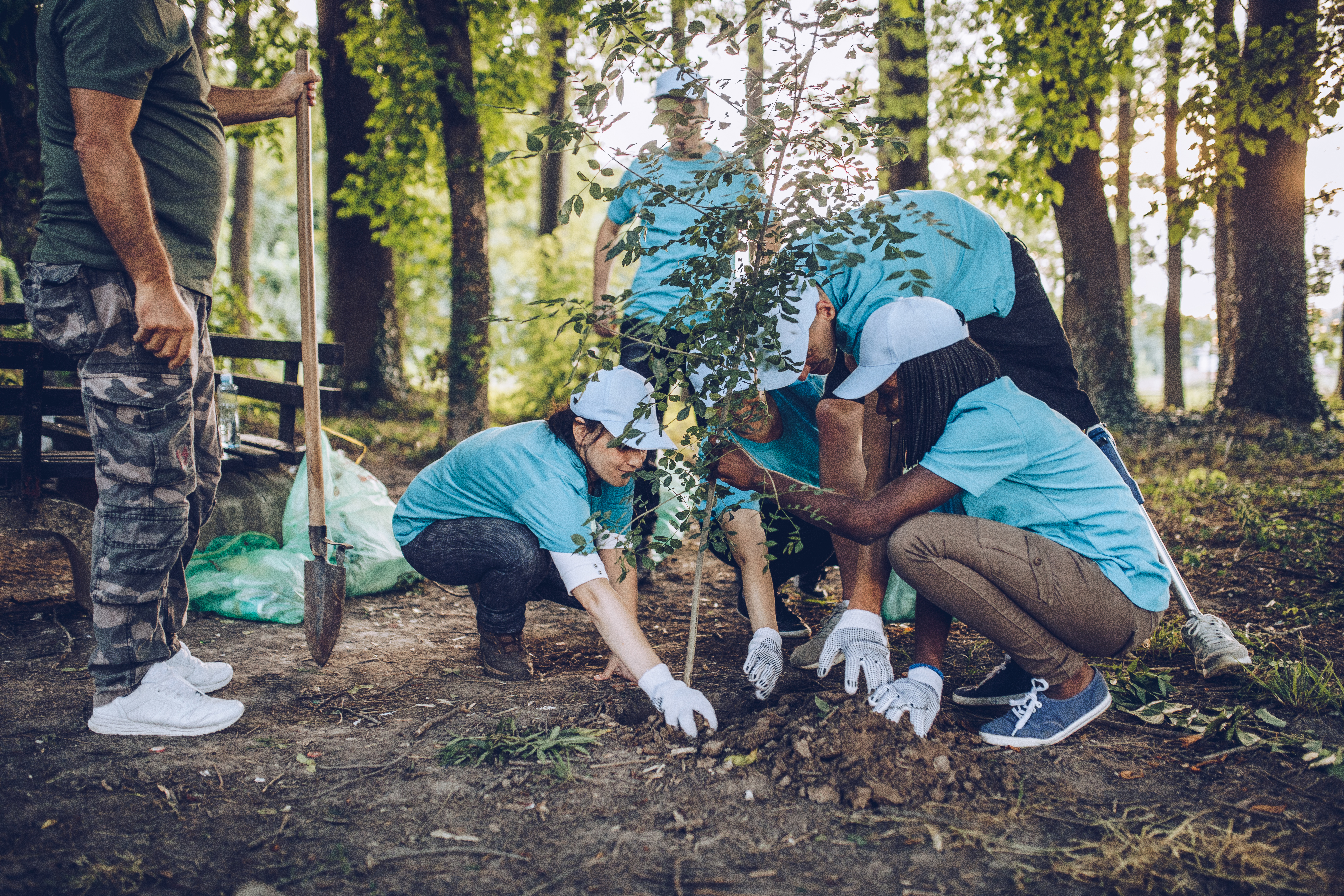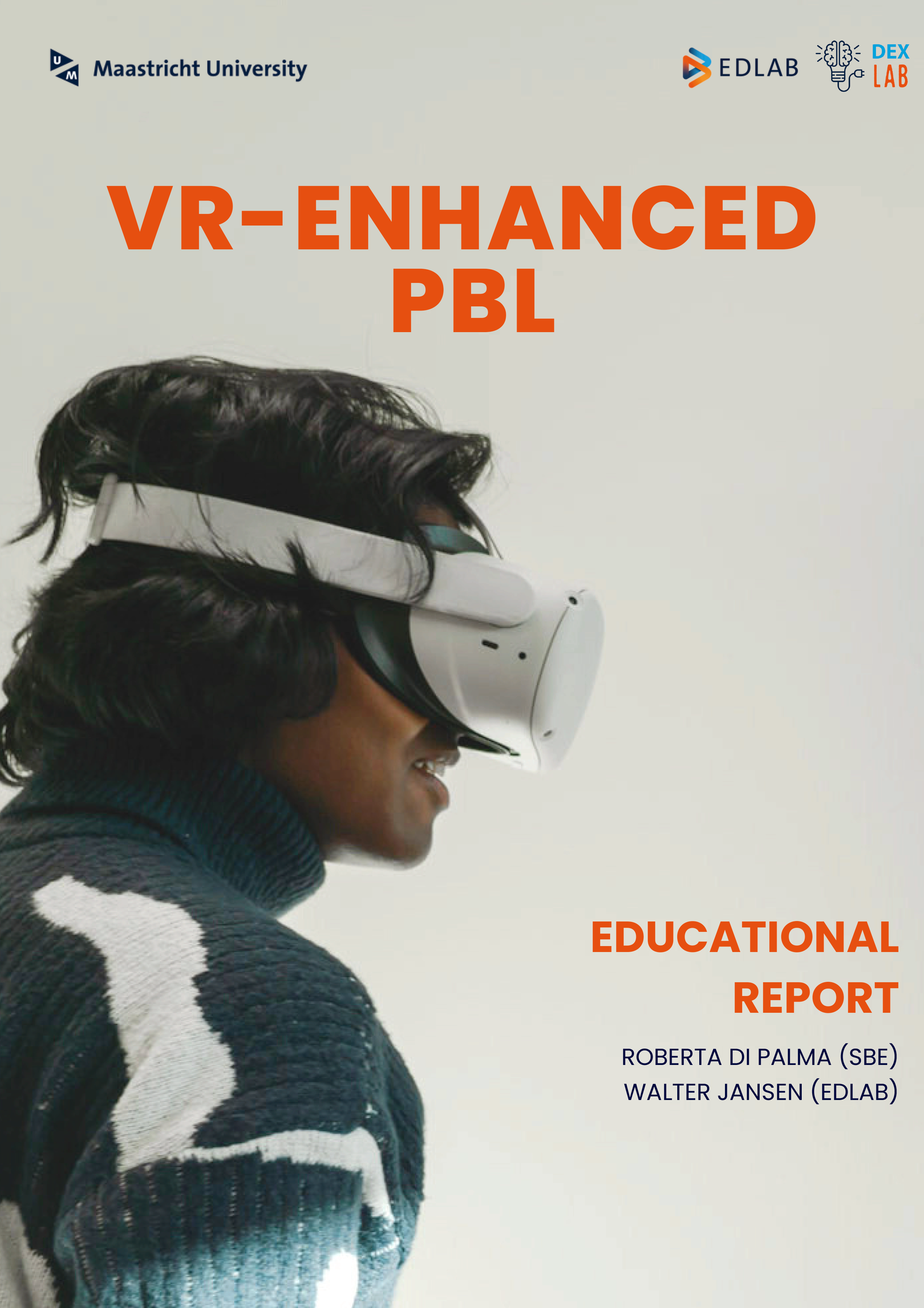SBE alumni turn their thesis into a career opportunity with a social impact
Last year, we covered the story of two SBE students, Esther Njoroge and Stan Van Haren, who collaborated with external stakeholders to help create a prototype matchmaking platform for charities. Since graduating from SBE with degrees in Economics and Strategy in Emerging Markets, both students have now taken on the exciting challenge of bringing this platform for charities to life.
This article is a follow-up of a previous article. Click here to read.
How it all began
The platform Esther and Stan have been working on is called Fundii and was initiated by SBE Professor Paul Smeets together with Valette Capital and the Maastricht based philanthropic foundation the Elisabeth Strouven Foundation. The concept for Fundii is to use the same mechanisms behind popular dating apps — such as Tinder, eHarmony, and Okupid — to help connect philanthropic foundations with projects and organisations in need of funding. At that time, Esther Njoroge and Stan Van Haren were still master’s students studying Economics & Strategy in Emerging Markets and were working with Prof. Dr. Smeets on conducting explorational research for the Fundii project.
Their collaboration was so positive that Esther and Stan were invited to continue working on the project after their graduation — this time, as part of an entrepreneurial team bringing the Fundii project to fruition.
Adapting to professional life
When asked to share their thoughts about the exciting transition, and what their current roles are in the project, Esther and Stan explained that the transition has been going smoothly so far, and that they are now deeply involved in the entire brainstorming process. They are also working on writing a business case which they will be presenting to potential project funders.
In addition, they emphasised that they are being very pragmatic in their approach. They recognise the importance of determining initial project priorities, which they will subsequently build upon to continually realise and expand Fundii’s societal impact goals.
They also mentioned that one of continued benefits they experience in working on the Fundii project is the opportunity to learn from and collaborate with entrepreneurs, some of whom they were already communicating with while they were completing their master theses.
Fundii: designed to increase well-being in society
Together, Prof. Dr. Smeets, Esther, and Stan envision that Fundii will facilitate funding of the most effective social projects through increasing awareness of such projects among charitable foundations. Fundii will also reduce foundations’ fundraising costs by streamlining procedures and standardising forms. Moreover, it aims to reduce unproductive competition between charities, and to simultaneously increase the amount of charitable giving overall. In doing so, it will achieve its overarching mission of improving wellbeing in society, by: first, enabling more charities to achieve their societal benefit goals, secondly, enabling more social projects and organizations to receive necessary funding, and thirdly, helping to maximize the societal impact of donations. Fundii’s app design is also intended to make fundraising more attractive to millennials, who tend to engage in philanthropic activity through digitized platforms such as crowdfunding.
The importance of connecting education to the ‘real world’
Prof. Dr. Smeets explained that the Fundii project brings together key elements important to SBE: education, societal impact, research, and leadership. As noted in the prior blog about Fundii, Prof. Dr. Smeets first met Esther and Stan when they were master’s students pursuing their degrees in Economics and Strategy in Emerging Markets. They were the winners of an annual case competition, and Prof. Dr. Smeets invited them to collaborate further with him on the Fundii project, which has societal benefit as its mission. In the coming year, Prof. Dr. Smeets will ask Esther and Stan to speak about their work to current SBE master students, thus furthering the cycle by allowing their work to become the subject of future research and master theses. In addition to all this, Prof. Dr. Smeets mentioned that the cycle also contributes to building a strong alumni network and culture, which Esther and Stan are now part of!
Also read
-
The VR-enhanced PBL project report produced by EDLAB and DEXLab explores the benefits of integrating VR technology into PBL classrooms.
-
Digitalisation can help support facilitating setting up potential cross-departmental and societal research collaborations for science-centred research and impact creation to deal with ever-increasing complexity of societal challenges. The critique of disciplinary research silos can be corresponded...
-
Maastricht Sustainability Institute (MSI) of Maastricht University School of Business and Economics (SBE) has successfully applied for funding in the ‘Driving Urban Transitions’ program of NWO/ JPI Urban Europe. Three new transdisciplinary projects with international partners have recently started...



